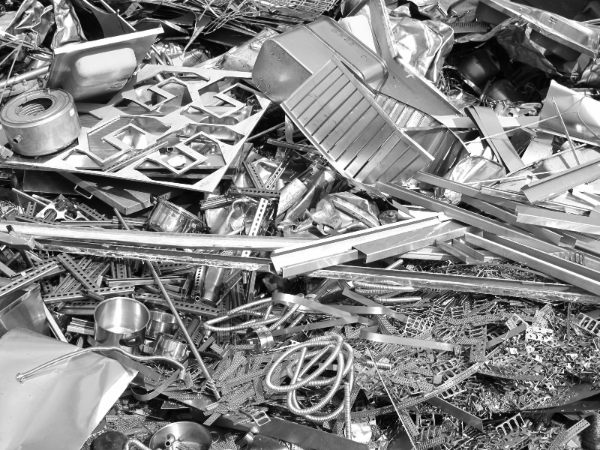5901 Botham Jean Blvd, Dallas, TX 75215
How Does the Industrial Scrap Metal Recycling Process Work?
December 18, 2024The scrap metal recycling industry is a key player in reducing waste and conserving natural resources. In Dallas-Fort Worth, businesses rely on industrial scrap metal recycling services to process large amounts of scrap efficiently. But how does the scrap metal recycling process work? Let’s explore the steps involved in turning discarded metal into reusable materials.
Step 1: Collection & Categorization
The first step in the recycling scrap metal process is collecting materials from construction sites, manufacturing facilities, and industrial businesses. Scrap metal is then categorized as either ferrous (iron-containing) or non-ferrous (such as copper, aluminum, and brass). This distinction is essential because non-ferrous metals typically hold higher value and require different processing techniques.
Step 2: Sorting & Preparation
Once collected, metals undergo a thorough sorting process. Large magnets separate ferrous metals, while non-ferrous metals are sorted using advanced technology such as eddy current separators or visual inspection. This step ensures the highest quality materials are recovered, optimizing the efficiency of industrial scrap metal recycling services.

Step 3: Shredding & Processing
After sorting, large pieces of metal are broken down into smaller fragments. Shredding increases surface area, allowing metals to melt faster during the next stage. Industrial shredders and hydraulic shears handle heavy-duty materials, ensuring that different metal types are processed efficiently.
Step 4: Melting & Purification
The shredded metals are transferred to specialized furnaces designed to melt specific types of metals. Once melted, impurities such as coatings, paint, and other contaminants are removed through various purification techniques like electrolysis or chemical treatments. The result is a high-quality, refined metal that can be repurposed into new products.
Step 5: Solidification & Distribution
The purified metal is then cooled and shaped into bars, sheets, or other usable forms. These recycled materials are sent to manufacturers, reducing the need for raw metal extraction. This stage ensures that industries continue benefiting from industrial scrap metal recycling, lowering costs and promoting sustainability.
Why Businesses in Dallas-Fort Worth Trust Okon Recycling
For companies looking to participate in the scrap metal recycling industry, working with a reputable facility like Okon Recycling is essential. With expert industrial scrap metal recycling services, they help businesses maximize returns on scrap materials while contributing to a greener environment.
Whether you’re a construction company, a manufacturing business, or an independent collector, understanding the scrap metal recycling process can help you make informed decisions. Contact Okon Recycling in Dallas-Fort Worth today to learn how you can benefit from professional recycling scrap metal process solutions.
